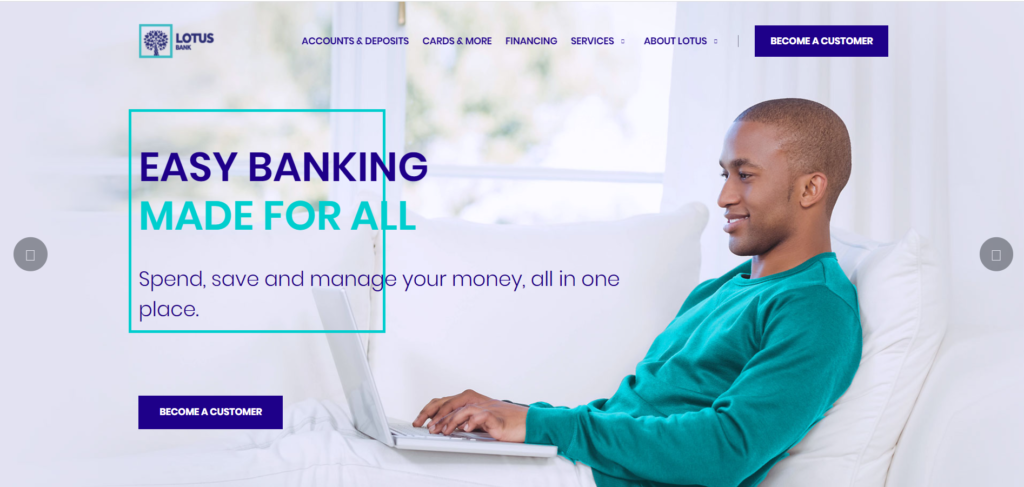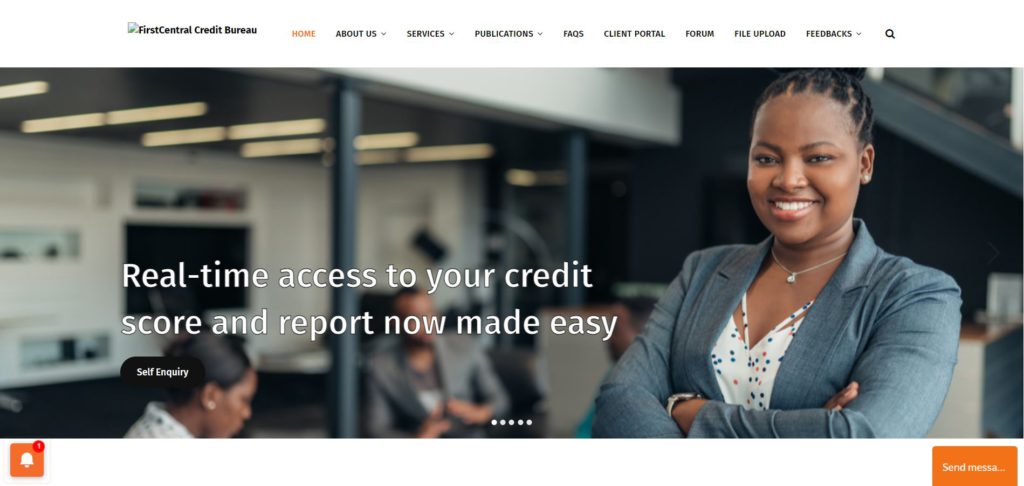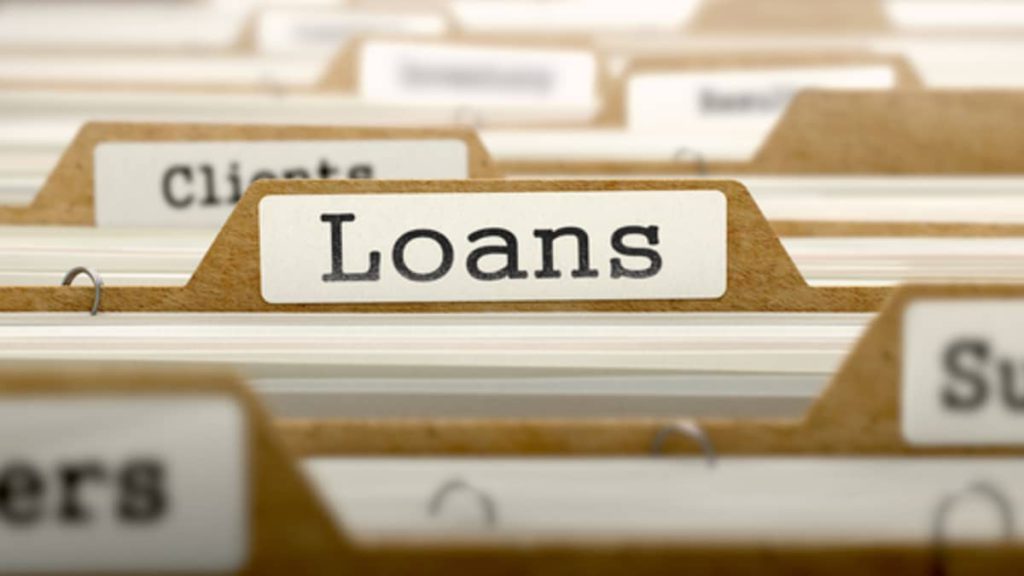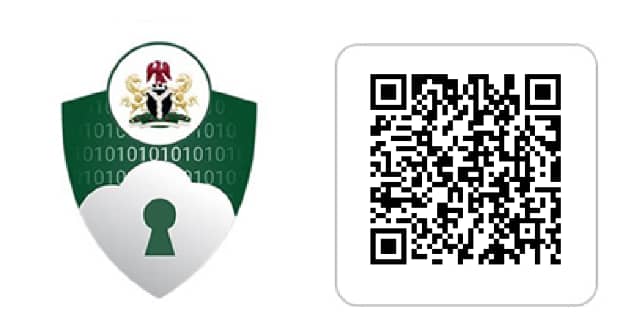Loans are a common part of life in Nigeria. Many people have borrowed money at some point in their lives. This is normal, and there are many reasons why someone might need to borrow money.
Access Bank provides various loans for individuals and businesses. Borrow money from Access Bank for personal expenses, business growth, or homeownership.
You can get access to an instant loan by dialing *901*11#, *426*11#.
Access Bank Loan Code
Access Bank makes it easy to get payday and personal loans with the simple USSD code *901*11#. Customers can borrow funds to meet their financial needs.
The alternative is via Internet Banking, Access Mobile App, and QuickBucks App.
Access Bank Loan Requirements
- For the creative sector loan, you need a business plan or a statement of how much you need for your business.
- Apply for a LATO loan, salary advance loan, or small ticket loan. Share your BVN-linked phone number and proof of last month’s salary.
- Apply for a personal loan by filling out a form. Attach a letter from your employer confirming your job. Include your work ID. Provide your Bank Verification Number (BVN) and give permission for a credit check. You’ll also sign a lien letter, letting Access Bank take your assets if you can’t pay back the loan.
- To get a W Power loan, your business needs to be 50% owned by females. It must have operated for at least 1 year. You should have at least 2 staff members.
- To get money for school fees, fill out the application form. Have an accepted offer letter. Your school fees bill. A valid ID card. A utility bill from the last 3 months.
When you receive a loan from Access Bank, they will inform you on how to repay the loan.
For most of the products, you will pay monthly installments after about 30 days of receipt. To save you from the stress of visiting your banks, the amount is deducted from your account every month.
Conclusion
Access Bank makes getting loans in Nigeria easy. They provide various loan options and offer different ways to apply or get more info. Apply using the Access Mobile App, Internet Banking, WhatsApp Banking, or QuickBucks App.








